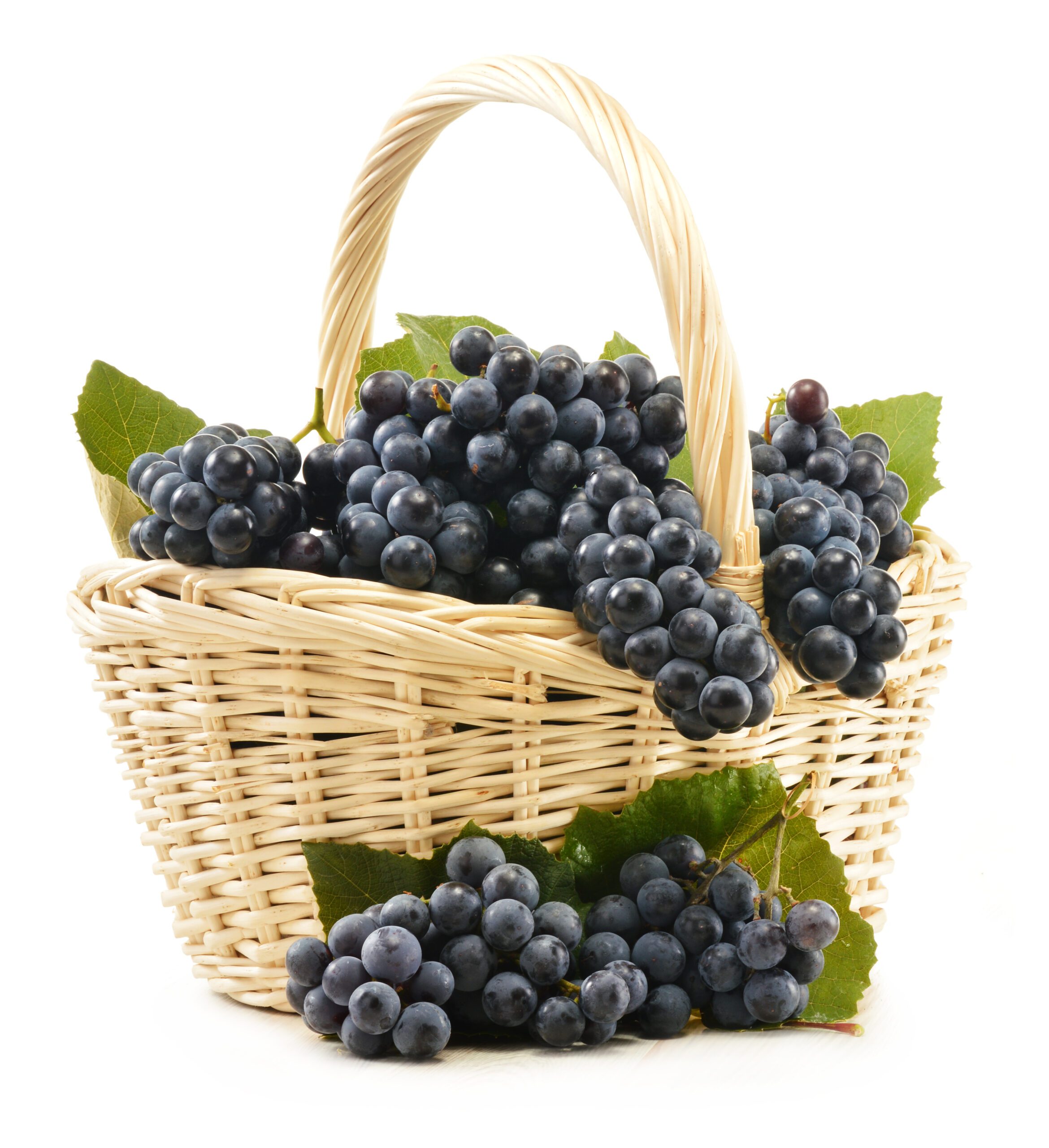
Scientists Are Discovering More and More about Resveratrol Every Day
You’ve been hearing about the benefits of red wine (and a nice pairing of dark chocolate) for a few years now, which is a gift and a blessing to some! But just when wine lovers thought they were in the clear, we’re finding that the benefits may not be quite what they’d originally thought.
However, have no fear . . . Scientists and health experts continue to research the potential benefits of resveratrol, the chemical found in red wine and dark chocolate, and whether or not they can turn it into an actual “medication” of sorts for the treatment of a variety of conditions.
The Latest Findings on Resveratrol
A recent study published in the most recent issue of Cell, has found that resveratrol may work differently in the body than originally thought. The study was led by Dr. Jay Chung from the National Heart, Lung and Blood Institute’s laboratory of obesity and aging research in Bethesda, Maryland. What they found was that resveratrol seems to inhibit phosphodiesterases, which are proteins that help to regulate cell energy. Previous studies had led researchers to believe that resveratrol targeted a different protein, sirtuin 1.
Now, that sounds very “scientific” . . . but it does have some practical applications.
In fact, finding out exactly which proteins the chemical targets is a crucial step in the road to making it useful in treating different conditions, which makes this finding a significant one. Scientists hope that they will soon be able to include resveratrol in some sort of “drug” or other treatment option.
Keep in mind, thus far the benefits of resveratrol have been seen in more of a “preventative” fashion. And, there’s still a ways to go before being able to actually treat humans with resveratrol. The impact that the chemical has on many other proteins in the body is yet to be seen.
The Benefits of Resveratrol
Why is this research SO important? Well, because researchers believe that it has the potential to be used as an effective therapy for conditions such as heart disease, type-2 diabetes, obesity, even Alzheimer’s.
And while doctors have been telling patients that a drink of red wine every now and again is good for the heart, it seems that you shouldn’t rush out and stock up on your vino just yet. Dr. Chung believes that a person would need to drink somewhere around 667 bottles of red wine in order to get a therapeutic dose of resveratrol. So much for everything in moderation!
Alternatively, there are resveratrol supplements available that provide a much higher concentration than that of red wine. As always, check with your doctor or other healthcare provider before embarking on any new supplement regimen.


A high sugar diet can deplete your body of several important nutrients. Based on the research, here are the key nutrients that are often depleted by excessive sugar consumption: B Vitamins: Particularly vitamin B1 (thiamine), as well as B3, B5, and B6. These vitamins are essential for glucose metabolism Vitamin C: High glucose intake can […]


Sugar consumption has been linked to various chronic diseases, including cancer, inflammatory diseases, and other health conditions. Here’s an overview of the connections: Cancer While sugar does not directly cause cancer, excessive sugar intake may increase cancer risk through several mechanisms: Obesity: High sugar consumption can lead to weight gain and obesity, which is a […]


When you look at the packaging of Skinny Pop, you will see 80 calories per bag, Non-GMO, No Artificial Ingredients, Gluten Free On the surface, you would think that it is a very healthy alternative…so let’s break down the ingredients: Popcorn Popcorn is a whole grain derived from corn kernels. It’s a healthy ingredient that […]